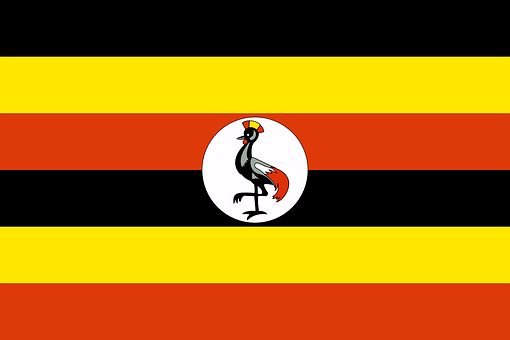
Court dismisses petition challenging venereal disease law
The Constitutional Court has dismissed a petition in which health rights activists were challenging the legality of the Venereal Diseases Act, reasoning that the law has since been repealed. The Venereal Diseases Act was enacted in 1977 and provided for the examination and treatment of persons infected with venereal diseases and for other matters connected therewith or incidental thereto.
Venereal diseases are those typically contracted by sexual intercourse with a person already infected, such as chlamydia, genital herpes, gonorrhea, HIV, HPV, and syphilis, among others. In a unanimous judgment, a five-member panel of justices held that it is futile to engage in a discourse regarding the constitutionality of the provisions of the Venereal Diseases Act after the repeal of the Act hence there is no live controversy before the court.
“In essence, while at the time the petition was filed it raised a question for the interpretation of the Constitution, by the time we heard the matter and delivered the judgment, the Act had been repealed. This means that the matters in controversy are moot,” held the judges who included Fredrick Egonda -Ntende, Catherine Bamugemereire, Irene Mulyagonja, Monica Mugenyi, and Christopher Gashirabake.
The court explained that having had a careful look at the Public Health Act of Uganda, it was found that at the time the petition was filed, the Venereal Disease Act was still good law but on March 24, 2023, the amendment to the Public Health Act 2O23 came into force and the disputed law was repealed.
Health rights body, Center for Health, Human Rights and Development (CEHURD) had sued the Attorney General (AG) challenging the provisions of the Venereal Disease Act Cap 284 for contravening provisions of the 1995 Constitution.
Through its lawyers, CEHURD had argued that the Uganda Law Reform Commission was duty-bound and therefore, ought to have studied, reviewed, and made recommendations for the systematic improvement, modernization, and reform of the Venereal Diseases Act as mandated under section 10 of the Uganda Law Reform Commission Act Cap 26.
It was further argued that as a result of the actions and, or inaction on the part of the ULRC, the law was inconsistent with and in contravention of Article 248 of the Constitution.
The petitioner had argued that Section 2 of the Venereal Diseases Act is inconsistent with and in contravention of Articles 8A (1), 21(1) (a), 45 and Objectives XIV (b) and XX of the National Objectives and Directive Principles of State Policy of the Constitution.
They had also alleged that sections 3(1), (2), (3) and (4) of the Venereal Diseases Act are inconsistent with and in contravention of Articles 8A (1), 21(2), 24, 27(1), 27(2), 28(1), 42, 43(a), 44(c), 45 and objectives XIV (b) and XX of the National Objectives and Directive Principles of State Policy of the Constitution.
Court documents show that section 5 of the Act is inconsistent with and in contravention of Articles 8A(1), 21(2), 23(1), (2), 24, 27(2), 43(2)(C), 44(a), 45 and Objectives XIV (b) and XX of the National Objectives and Directive Principles of State Policy of the Constitution.
But the AG had argued that section 2 of the Venereal Diseases Act which provides for the examination of persons infected or suspected to be infected with venereal diseases is consistent with Article 8A of the Constitution which provides that Uganda shall be governed based on principles of national interest and common good enshrined in the National Objectives and Directive Principles of State Policy.








